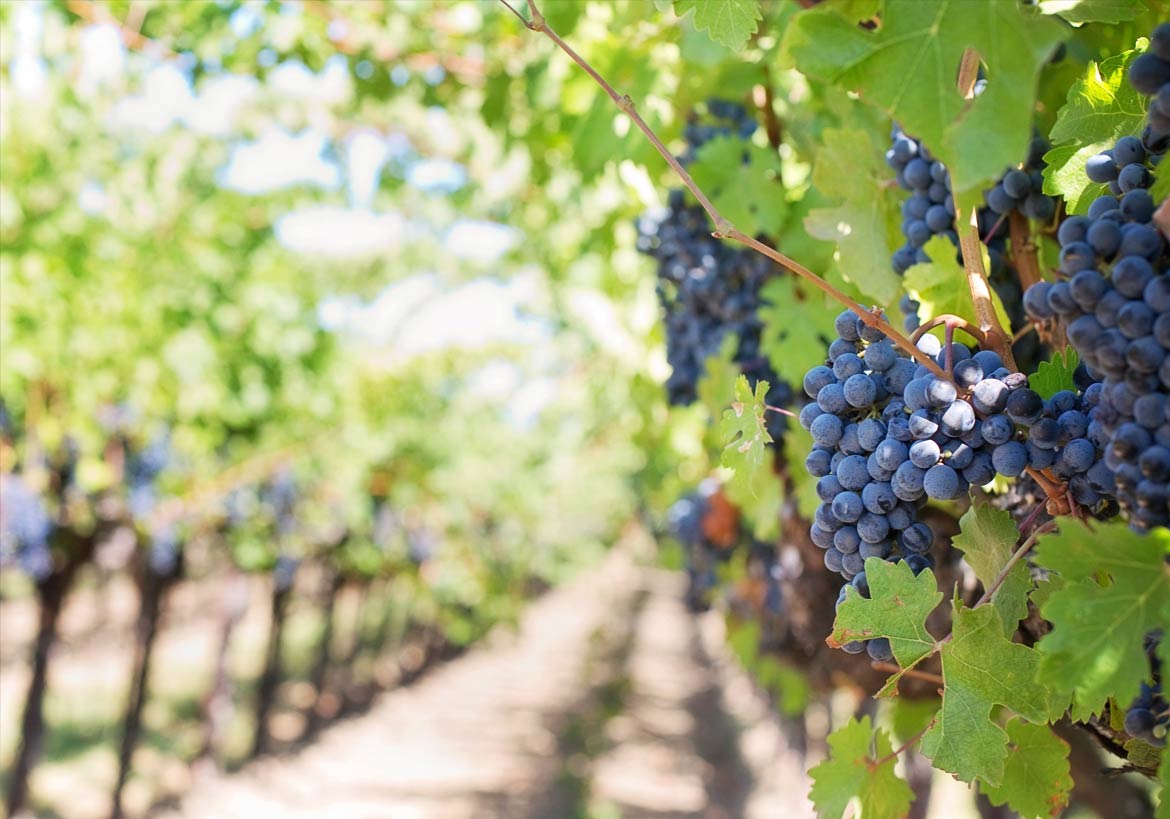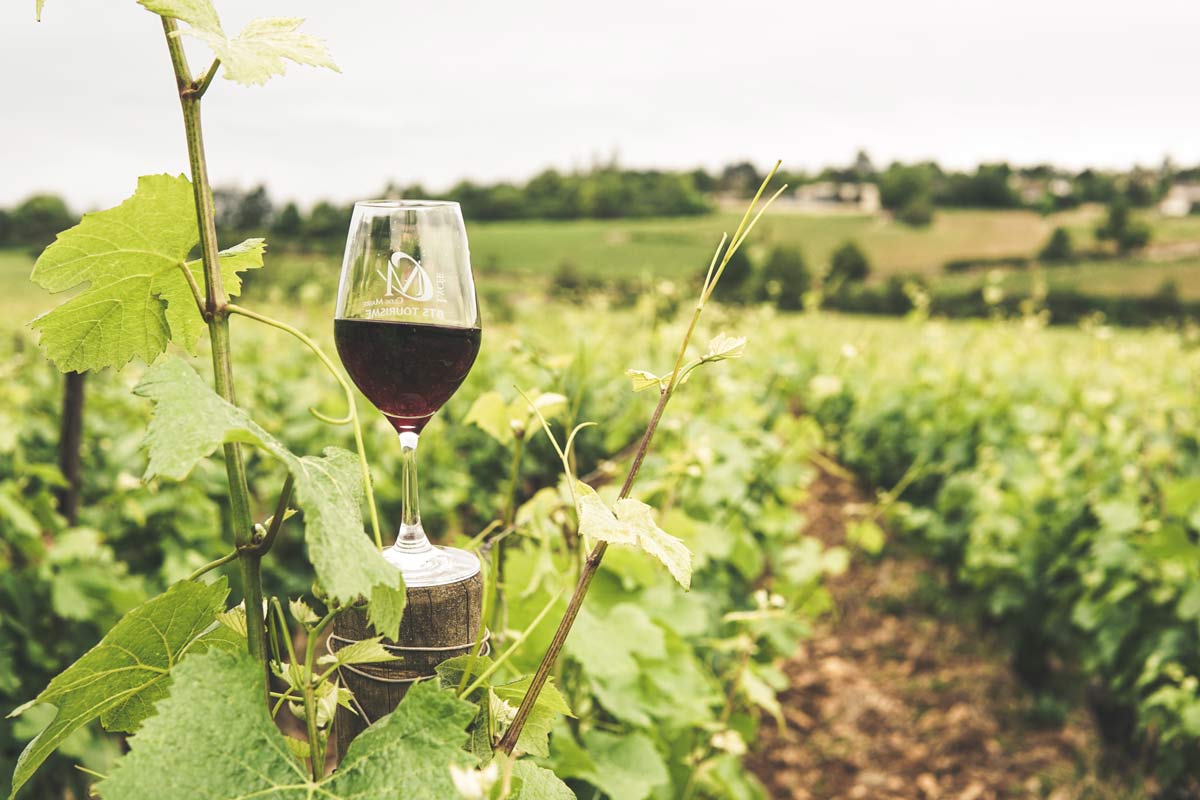A Green Revolution for Agriculture
In the face of climate change, the agricultural sector must undergo significant improvements and adaptations, seeking sustainable solutions to safeguard soil fertility and counteract erosion. An intriguing solution, particularly for vineyards, may have been discovered in a recent study conducted in New Zealand: hemp.
Recent trials have shed light on the potential of cannabis as a cover crop. This agricultural practice involves intermingling specific plants, typically not intended for simultaneous harvesting with the primary crop. Following trials led by winemaker Kristy Harkness, it appears that hemp not only avoids competing with the wine but also proves to be beneficial for the vines.
Hemp as a Cover Crop: A New Sustainable Approach

Hemp stands out as an extraordinary plant with a rich history, traditionally employed in the production of textiles, rope and paper. However, its role is evolving, and it is now gaining recognition as a cover crop. What makes hemp particularly fascinating is its dual capacity to shield soils from erosion and offer potential economic benefits through flower harvesting and CBD extraction. While the current study primarilyexplores hemp's qualities as a cover crop, it unveils a myriad of possibilities that spark the imagination.
The advantages of using hemp as a cover crop are abundant. It establishes a natural defense against erosion, curtails soil loss, and enhances water retention — all contributing to more sustainable agricultural practices. Additionally, hemp's rapid growth makes it an efficient solution for quickly covering soils post-harvest. Researchers working on Kristy Harkness' plot observed, "The hemp plants developed large roots of at least 30 cm and were able to grow into the tractor wheel tracks in the rows, where the root system can alleviate compaction caused by vineyard operations." Samples from the 2019 harvest revealed a greater diversity of yeast species in the hemp-covered area compared to the control, suggesting a positive impact on soil health.

The question arises: Could hemp, as a vineyard cover crop, not only protect the soil but also contribute to the production of superior wines? Initial results from the study suggest this possibility, although Kristy Harkness has yet to focus specifically on this aspect. "Differences in native yeast populations caused by a hemp plant canopy are an area of great interest," noted Harkness. "The suggestion that hemp could improve wine quality is an interesting area of study, but it's not one I'm currently involved in. As a winemaker, my focus is on producing the highest quality fruit and improving soil health in vineyards." The potential synergies between hemp, soil health, and wine quality make for a captivating exploration in agricultural research.
Challenges and prospects for the future
Although hemp as a cover crop offers multiple benefits, challenges remain. Regulations and farming practices need to be adapted to guarantee the quality and sustainability of this crop, which unfortunately has not yet been achieved, but attitudes are gradually changing. Research is continuing to refine best practices for growing hemp under cover, while maximising the potential of CBD.

Hemp as a cover crop is an exciting and promising step forward in sustainable agriculture. With its focus on soil conservation and reducing erosion, this versatile plant opens the door to a veritable green revolution! While trials in New Zealand have attracted attention, the potential of hemp as a cover crop extends far beyond the borders of this magnificent country, offering ecological and economic benefits to agriculture worldwide. A merger between the world of viticulture and that of CBD would be a huge step forward that would benefit both parties.
If you're a fan of these kinds of articles, you can take a look at our blogs page, where you'll find all our previous articles. And don't hesitate to visit our online shop to discover and taste our Valais CBD-based products. And who knows, maybe one day you'll find CBD wine too?
